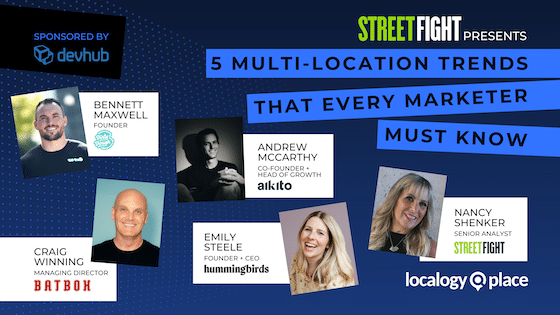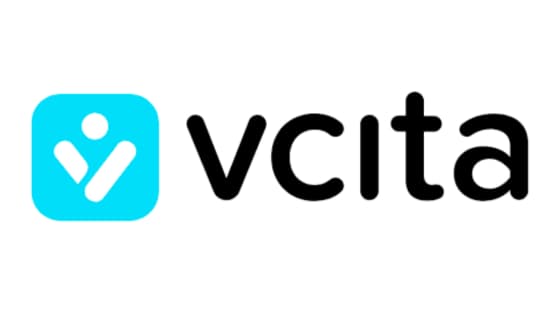This episode of “This Week in Local” explores two topics on the minds of Localogy analysts Mike Boland and Charles Laughlin. One is a new well-funded startup that loosely applies the ghost kitchen concept to grocery stores. The other involves the emergence of tools designed to determine if a work product was written by an AI bot. Or if the author was an actual human being.
This Week in Local is Localogy’s weekly podcast featuring brief (less than 30 minutes) but engaging conversations about events in the local digital ecosystem that Localogy serves. Please subscribe to the podcast on Apple Podcasts, Google Podcasts, Spotify, or wherever you get your podcasts. Please take a moment to give the podcast a rating and a review as well. Your engagement helps more people discover This Week in Local.
Part 1: Ghost Groceries
Mike kicked things off by talking about something he recently covered for Localogy Insider, notably the recent $10 million seed funding round for Addie’s, a Norwood, Massachusetts store that aspires to become the first drive-up-only grocery play. The company’s proposed 22,000-square-foot store will have 4,500 products that span the typical grocery range from dairy to deli.
The analysts debated whether this model, which they loosely compared to ghost kitchens (no storefronts, no in-person customers), will land with consumers. They particularly wondered if the demand would be there in this post pandemic era. After all, many Americans have returned to shopping and dining in person.
Mike declared himself a die-hard curbside pick-up grocery shopper. Charles, on the other hand, said he likes to roam the grocery aisles. Two samples of one that will not likely impact Addie’s success.
The analysts did agree that consumer demand is an open question with Addie’s. And will inevitably determine its success. They acknowledged the positive unit economics of a fully automated grocery store with relatively few employees and no customers roaming the isles breaking jars of pickles. This must have been what got Addie’s investors excited, the analysts agreed.
Part 2: AI Tattletales
Charles then raised a topic that wasn’t tied to the grocery industry or any single article on Localogy Insider. Rather it was an offshoot of the analysts’ recent discussion on the podcast of ChatGPT and generative AI in general. And of course its potential impact on local.
Specifically, Charles raised the recent rollout of multiple apps, including one from OpenAI, designed to detect whether something was written or created by an AI bot vs an actual human being.
Charles mentioned the example of a Princeton computer science student who created such a detection app, an obvious early use case for which is in an academic setting, to detect cheating via ChatGPT, etc.
“I bet he is not very popular with his classmates,” Mike said. He then compared the inventor to that kid in class who reminds the teacher to give out homework.
The two analysts did agree that some AI transparency mechanism was bound to emerge. They also agreed that it was good to see it happen sooner than later. Also, the fact that OpenAI, which has largely been responsible for unleashing generative AI into the wild, is wise to also play a leading role in releasing transparency tools.
You can also find this episode of the podcast (and all others) on Localogy’s YouTube channel. Please follow this channel if you prefer getting your content via YouTube.





